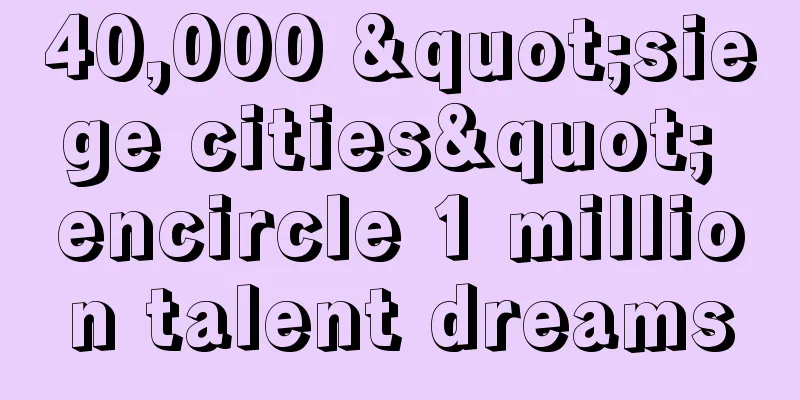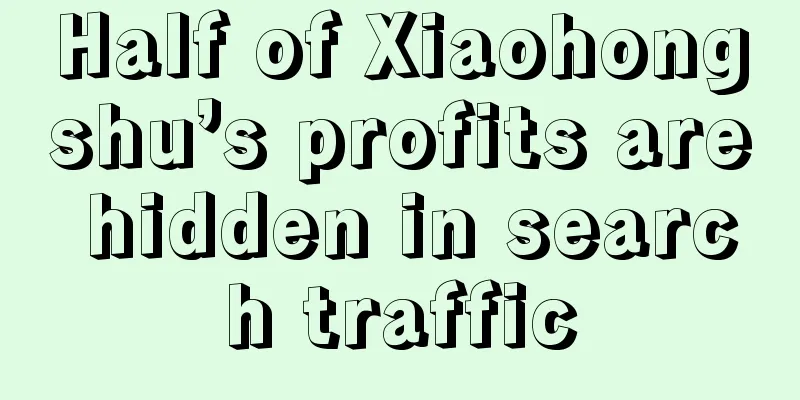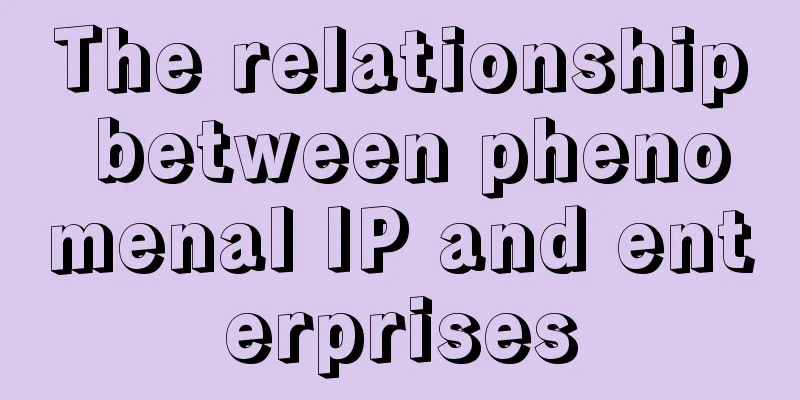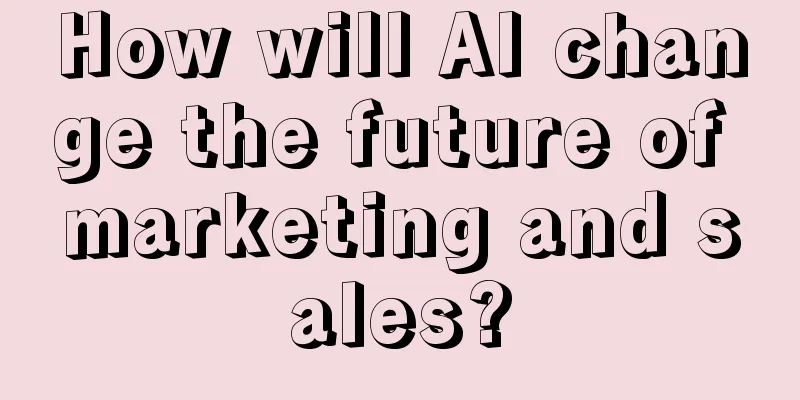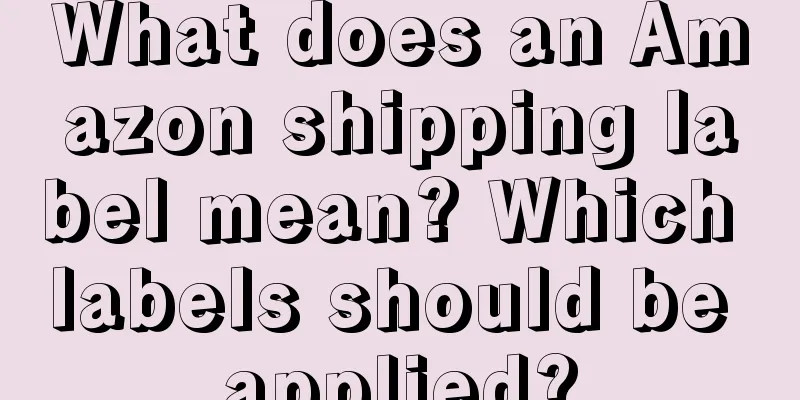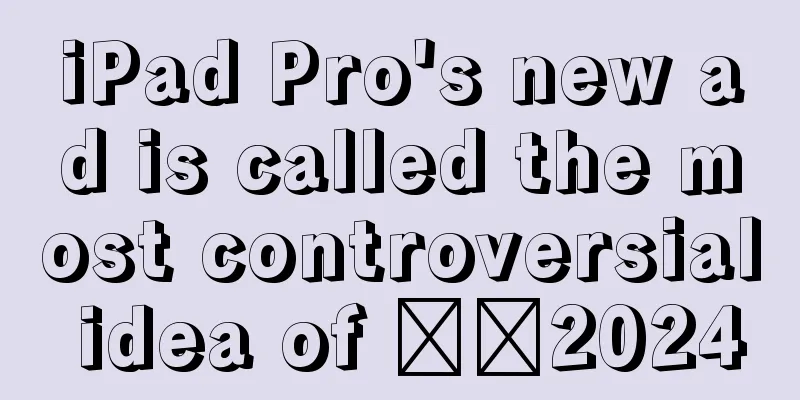Always maintain critical ignorance
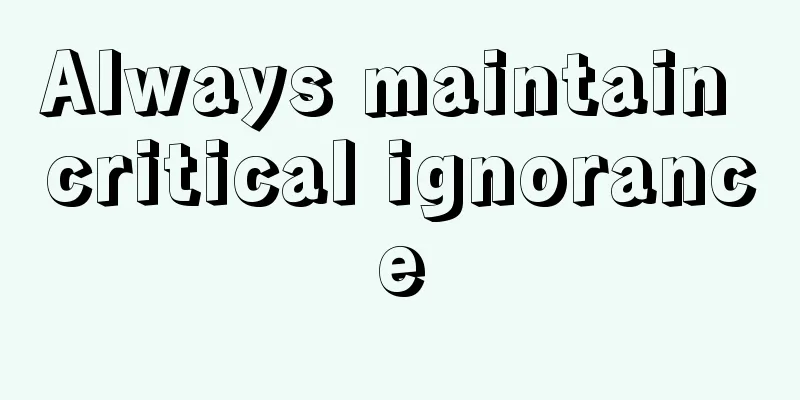
Internet products have two basic functions: producing and recommending information. They continuously provide fresh, enjoyable, fragmented content to stimulate your brain neurons and improve metacognition, with the goal of keeping you longer and thus bringing better economic benefits. Some people may ask: Don’t you often advocate fragmented learning? That’s right. Whenever I have free time, I will use it to read materials and take notes. However, there is a misunderstanding: fragmented learning does not equal fragmented information. Learning is an attitude and information is an attribute issue. Especially after the emergence of large models based on open AI, the phenomenon of complex information has become more and more serious. I think if you want to improve your personal advantages, you have to rethink a question: Am I attracted to fragmented and disordered content, or is there a main thread that organizes all information into a personal system? If you want to learn to distinguish important from messy information, you must first establish a method of critical neglect. 1. Misuse of critical thinkingWhat is critical ignoring? You know this question. You will definitely say: When you see an article or a piece of information, you consciously evaluate its practical value and then think about what it can bring to you. If it has nothing to do with me, I will close it immediately. If it is relevant, I will save it and read it later. But you know what? This is a very superficial way of understanding it. Why? We might as well understand it from the perspective of critical neglect’s brother – critical thinking. This kind of thinking is very popular in China. At work, people generally believe that people with a critical eye have the ability to think independently. If you don’t, they will complain that you don’t like to think and have a pig brain. In fact, most people have misunderstood it. It originated in ancient Greece and was the core of the American education reform in the 1980s. The complete meaning includes 6 steps:
From a complete perspective, isn't this the same as criticism? Yes. However, the problem is that some people overemphasize the word "criticism". You should know that "understanding concepts" and emphasizing "criticism" are two different things. The former means that you know what to absorb, how to infer, and which inaccurate information should be re-corrected. Just like when you go off the track while driving, you can use the navigation system to re-plan your route. The navigation system helps you identify which sections of the road are correct and which parts have deviated from the original route, and then provides a new route to get you back on the right path. Criticism is different. It starts from a skeptical perspective and conducts critical research. What does it mean? Let me tell you a story: When I was in meetings before, I often encountered a situation where when you put forward a new plan, most colleagues would discuss how to improve the plan to make it more effective. But there are always a few colleagues who think differently and question your plan. Why do you do this? Is the plan effective? As a result, the original discussion on how to optimize the plan turned into everyone questioning whether your plan is good and needs to be changed. This type of people has an established way of thinking: when encountering a problem, they don't think about how to solve it first, but instead think about why they were so careless in the first place. Therefore, people who start from a critical perspective can easily turn into "making trouble and finding fault" no matter what kind of explanation and analysis they give. A few days ago, I saw a scene in the group: A friend asked everyone, how can the WeChat ecosystem surpass others in short video? Everyone was discussing, and some said that if the purpose is to sell goods, just start live broadcasting. I saw someone say, why should we make short videos, there is no chance for short videos, many big Vs are not making money, after a lot of complaints no solution was given. This is an example of critical thinking being misused. He thinks he is making suggestions, but in fact, he has a critical attitude that does not help solve the problem. This attitude may be positive when reflecting on oneself, but it will become negative and even cause disgust when learning and accepting new things. In other words, critics always think they are right and may not have thought about whether their views are biased. Never cultivate a critical attitude. If you always like to think from your own perspective, your path to learning and exploration will be blocked. Some seemingly correct ideas may be outdated when you expand your horizons. 2. Critical Ignorance of Key PointsNow that we have clarified the relationship between the two, let’s talk about what critical neglect means. If critical thinking is based on understanding the other party's decision-making and giving advice, then critical ignoring is more like a filtering machine after one's own decision-making. Why do you say that? If you think about it, making a decision is not an easy thing. After making a decision, we will face a lot of opinions, both for and against. If you try to accept everything, then you will quickly lose your way and doubt your initial judgment. For example: Many couples born in the 1990s are very conflicted about whether to have children. Especially women around 30 years old, if they choose not to have children, they will worry about missing the best childbearing age. Deciding to have children means facing increased family burden, possible decline in quality of life, and the time cost of investing in childrearing. what to do? If you ask the question to everyone in the group, you will hear all kinds of opinions. Those who support it will emphasize that you should do the right thing at your age; those who don't support it will say that you don't have money to have children and can't even afford to raise them. In the end, you will be hesitant with so many opinions. This phenomenon is very common at work. We are surrounded by a large amount of information every day, such as WeChat group chats, colleagues’ @ on DingTalk and Feishu, and there is so much information that we can’t keep up. It is almost unrealistic to fully understand and absorb everyone's content. We must figure out what we should focus on. As a last resort, we have to learn how to filter information and distinguish which ones are important and urgent. So, what does critical neglect emphasize? First, the ability to filter information after making a decision. You need to know which content provided by people around you is useful and which is distracting. Second, distinguish the nature of opinions. When listening to others’ opinions, you should be able to distinguish whether the opinions are meaningless complaints or substantive suggestions. 3. Classification of received informationIn my opinion, the information received after making a decision can be summarized into three categories: 1. ViewpointWhat is a point of view: your view on things. This is the highlight. In the era of excessive desire for expression, colleagues and leaders will share with you. The relationship between a point of view and you is closer than that between an point of view and an object. Think about it, is it cold in Beijing at -5 degrees Celsius? If it is cold, you will shiver without long underwear. But it is different in Northeast China, where people feel warm. If you ask a friend in Northeast China whether to wear long underwear, you will obviously not get a satisfactory answer. In other words, your knowledge structure and the environment you live in directly affect your decision-making model. Similarly, the opinions that others give you also represent the environment and background they live in. A large number of debates take place on the Internet every day. Everyone lives in their own information environment and decision-making model, which leads to the emergence of different communities and organizations. When you meet someone who is "strong in expressing himself", and you ask for their advice, but they force a lot of opinions on you, what should you do? One way I do it is to treat it as a perspective and think about how to use it. Take me as an example: I haven't changed hairdressers for about 3 years. The day before yesterday, I had my hair cut, and the familiar hairdresser was not there, so I thought, let's try a new style. As a result, the new hairdresser messed up the haircut, and I wrote a meaningful sentence on the memo: "Hairdressing is the only gambling in the country that is not banned." This is my thinking. When I write an article, I will think about what knowledge it can be connected with, and at work, I will think about what phenomena it matches. I posted it on WeChat Moments today, and a friend said that you should replace haircuts with A-shares. Really? I... In short, what I mean is this: after making a decision, use a higher-dimensional perspective to understand the point of view you are accepting. This includes what the point of view means, the context in which it fits, and its role. In this way, we can more fully understand and evaluate the feasibility of the ideas. Similarly, when people say that raising children is difficult, the same is true. From a higher-dimensional perspective, the question may become: With so many ordinary Chinese families (rural residents), how do they raise the new generation? Only by finding experience from others can other people's opinions be of value to yourself. 2. InformationWhat others say does not represent actual actions. In actual actions, we need to seek support from a large amount of experience to ensure that we are moving in the desired direction. In the process, we will encounter many "hows". Take learning AI painting as an example. When you search for relevant tutorials, you will find that in addition to the defined content, there will be some tools and introductions that you have never come into contact with before. They do not meet your current needs and will not be used in the short term, but the introductions are very detailed and rare, which may stimulate your interest in new knowledge. What should you do at this time? The first method is to save the title and link of complete document information of case studies and market reports in note-taking software so that you will know where to find them next time you need them. Another method: methodological information. For example, thinking models, a specific analysis tool, I will record them and explore the source when I have time. Through these two methods, you can turn the information into a personal knowledge base, which is convenient and quick to find and use. This is not limited to writing. As long as you are engaged in Internet work, you can summarize it in this way. 3. NoiseI regard celebrity gossip, current affairs commentary, hot events, gossip from unknown sources, and chat content that is suddenly @ed by community members as noise. This kind of information has very little value and takes up most of my time. How to deal with it? One of my principles: judge whether it is useful. As for being useful, the minimum standard is whether it can be connected to today's goal. For example, if you need to make a project closing report and someone in the group posts gossip, there is obviously no connection. If I cannot meet the usefulness standard, I will quickly withdraw my thoughts from it after eating the melon and not waste too much time on it. Because, apart from being able to become topics of conversation and be integrated into the circle's corpus, they do not provide any value. Not only do they take up fragmented time, but they also make the brain feel overloaded with information, affecting thinking about other important things. I can't even let the noise get into the field of vision of the most important things every day. You can compare and see, with so many decisions in a day, which information drives you to complete the task quickly and which noise interferes with you. If you understand this, you will know the deeper meaning of critical neglect. 4. Principles for controlling information qualityAfter all, the brain is like a pre-set thinking machine that reacts to the information it receives. We think we "want" to make a decision about something, but in fact, the decision has already been made before we are aware of it. So, have you ever thought about: What is the quality of information provided to the brain? A large number of brain science and neuroscience studies have shown that the quality of input information directly affects the neural mechanism behind decision-making, because it changes the metacognition model step by step. Herbert Simon also mentioned in his book "Cognition: The Thinking and Intelligence Behind Human Behavior" that "life is a world full of symbols and information, and a large number of symbols enter the sensory organs every moment." Our way of solving problems is not to seek the optimal (optional), but to find the most satisfactory (satisfying). The optimal solution represents a perfect answer, which requires in-depth exploration of every detail of the problem; the most satisfactory solution is more in line with cognitive instincts and tends to be practical and efficient. So, as for the results of information processing, I don’t need to say it, I believe you also know a little bit. The "multiple draft model" proposed by philosopher Daniel Dennett is very interesting. He believes that "in our brain, many neural networks are constantly running, and the result of high-speed operation every moment is "drafts". A very small number of drafts are connected together to form human consciousness, which guides behavior and allows you to take action, and the composition of drafts comes from the quality of information." So, you think you are controlling your brain, but in fact it is the information that is controlling you. This reminds us that we must filter the content before "drafting". In addition to the control of information after decision-making mentioned above, what other principles are there before making a decision? 1. Ignore trollsThere are too many confusing operations on the Internet. Trolls post some unreasonable and offensive comments in order to cause controversy, ignite confrontation and attract traffic. Their comments lack constructiveness and rational perspective, which can easily make people lose their temper. If there is no way to legally fight back, it’s best not to attempt a debate. There is another type of people who are a little better than trolls. They like to reason. When discussing things, these people like to use logic and facts to prove their own views and form self-consistency. I generally don't participate in it unless the topic of discussion is helpful to growth or business, otherwise it's just a bunch of verbal arguments and a waste of time. 2. Information authenticityAfter the emergence of AI, information exists and the principle of muddy waters makes it difficult to judge what is fabricated. For example, on short video platforms, a large number of seemingly real content may be opinions produced by artificial intelligence. These views seem to be fine, but they cannot be rigorously examined. A few days ago, I saw a delivery man who made a million dollars a year, which caused quite a stir. Do you think it was real or hype? I don't know. But at least it gives me a warning: things that seem to be irregular are worthy of our careful questioning, which is also the basic principle of critical thinking. 3. How to use itYou must have heard this saying: from theory, to practice, and finally back to theory. I believe that any information cannot escape the four types of facts, opinions, statistics and news information. Their uses are also divided more clearly: facts emphasize objective basis; opinions emphasize perspective, and comments are positional; statistics represent trends, and numbers provide quantitative information; and information conveys the latest news. But no matter what, from a personal perspective, it all comes back to one principle: what is it? What is it for? How to use it? This sentence guides the process of information transformation from theory to practice. Therefore, no matter how things change, they still remain essentially the same, and the underlying rules remain unchanged. Many talented people can achieve success in different fields because they have summed up the underlying methods, which happen to be transferable to many places. In summary Wisdom is knowing what to ignore. If you cannot critically ignore and build your own "noise filtering system," then how can you improve your brain's ability to "draft"? Author: Wang Zhiyuan WeChat public account: Wang Zhiyuan (ID: Z201440) |
>>: Four major marketing trends for private domain operations in 2024
Recommend
The explosion of "Finished" has led to a surge in short drama concept stocks. Is a new trend coming?
How did a game bring short dramas to the forefront...
What is the method for bulk uploading on Shopee? What should I pay attention to?
Shopee also adopts the sub-station model. It has a...
Ice and Fire ChatGPT: Some people sell courses in huge quantities, while others are obsessed with lifelong learning
In this era of AI where technology is changing rap...
It’s better to do self-media
This article introduces the mentality that self-me...
How to create an Amazon detail page? How to create pictures?
Now, there are indeed many friends who have made a...
Can Amazon merchants get loans? What are the requirements for Amazon loans?
On Amazon, a huge e-commerce platform, sellers nee...
Using Internet celebrity tags for brand marketing, is it a poison to quench thirst or the secret to traffic?
The process of creating an influencer product is n...
What level does shein belong to? Is shein considered a large company?
Shein is a fashion e-commerce brand that has been ...
From fancy price cuts to frequent joint ventures, Starbucks can hardly remain immune in China
Why is it that Starbucks has taken many measures i...
What does Amazon BD mean? How to participate?
In recent years, there are more and more ways to p...
What is Shopee's preferred seller? What are the tips for becoming a preferred seller?
After you open a shop on Shopee, if all indicators...
What does cross-border e-commerce ERP system mean? What are the differences?
Cross-border e-commerce ERP supports various modul...
Dong Yuhui's new account premiered, earning over 150 million viewers overnight
Dong Yuhui took on the lead role for the first tim...
Are there many inquiries for companies ranked high on Alibaba International? Interpretation of ranking rules
Alibaba International Station is the territory of ...
Overcoming the "male" barrier, Xiaohongshu's content boundaries are becoming more generalized
This article first points out that the number of m...
